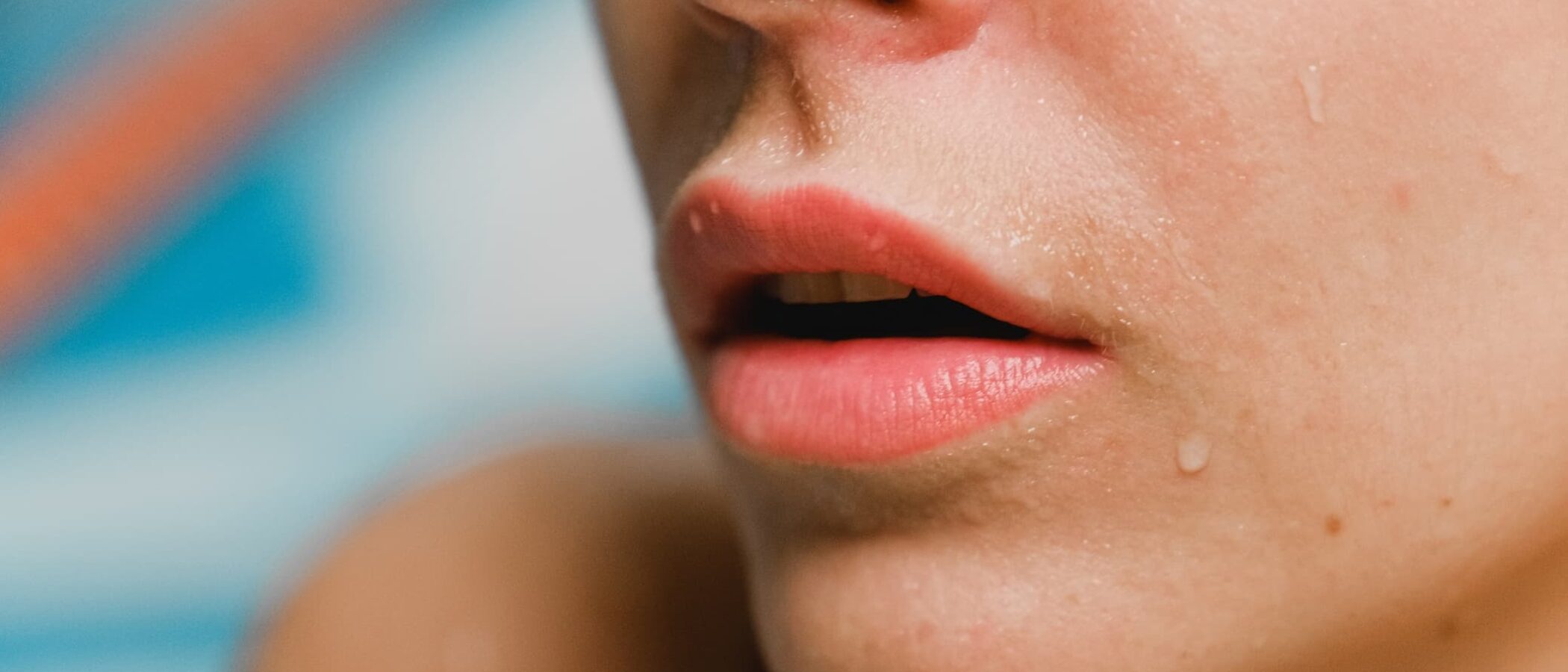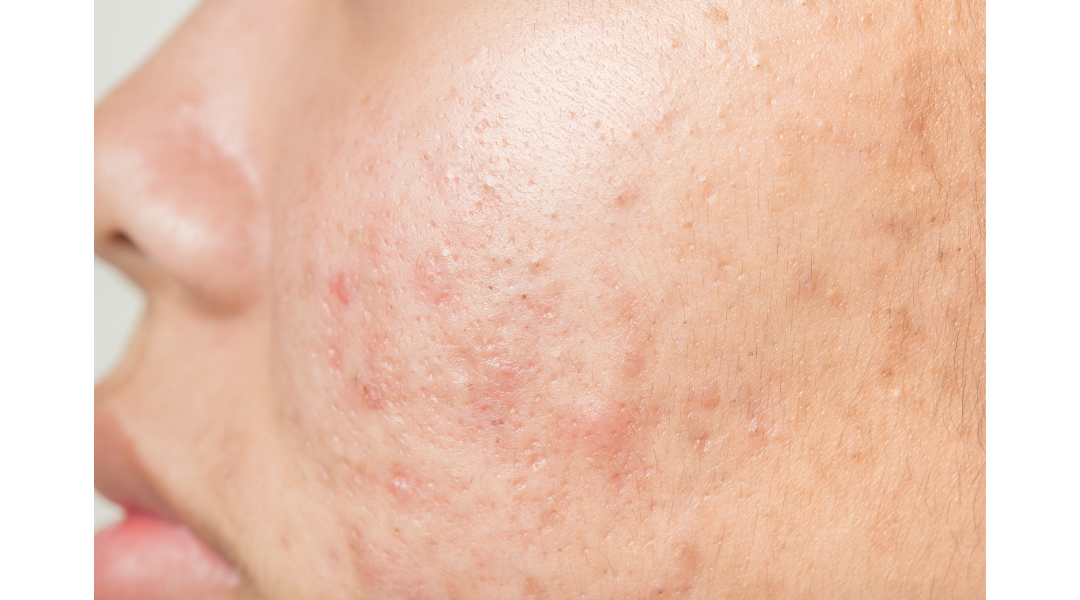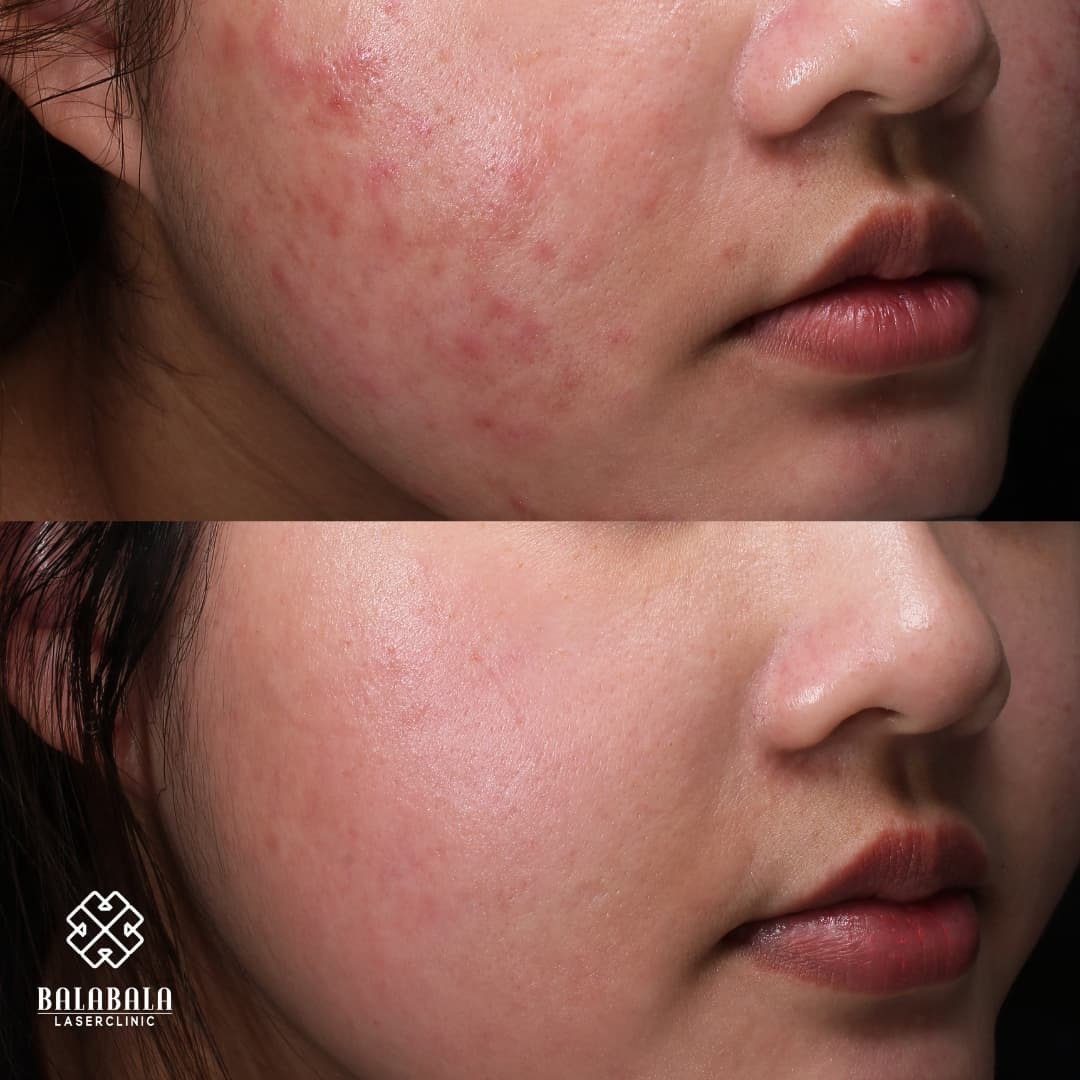
Why Skin Barrier Health is Essential for Clear, Glowing Skin
The skin barrier is an essential part of our skin's health, acting as a barrier to protect our skin from external aggressors. The skin barrier, also sometimes called the "moisture barrier" or "acid mantle" is a term used to describe the top layer of the skin. When the skin barrier is functioning properly, it helps to regulate and maintain optimal skin function. However, when the skin barrier becomes impaired, it can compromise our skin's ability to regulate itself and maintain healthy skin.
Why is the skin barrier important?
The skin barrier has two main functions. The first function is to protect your skin from environmental stressors such as UV rays, pollution and harmful chemicals. Secondly, the skin barrier prevents transepidermal water loss (TEWL), helping the skin to hold on to its natural moisture. Therefore, a healthy skin barrier is the key to glowy, bouncy skin. When our skin barrier becomes impaired, it cannot hold onto enough water - making out skin appear dry, rough and dull.
What causes skin barrier damage?
One of the main causes of skin barrier damage is the use of harsh or stripping cleansers and skincare products. This can disrupt the skin's natural pH levels, leading to dryness, redness, and inflammation.
Other causes of skin barrier damage include:
Stress
Hormonal changes and fluctuations
Poor diet
Lack of sleep
Overusing skin care activezs (such as AHAs and retinoids)
Sun damage
Pollution

Signs of a damaged skin barrier
It is likely that your skin barrier is compromised if your skin is playing up, or there are unusual changes in your skin. There are many damaged skin barrier symptomns, including:
Severe dryness
Redness and inflammation
Rashes and eczema flare ups
Skin irritation, itchiness
Skin dullness
Unusual acne breakouts
If you are experiencing a damaged skin barrier, your skin will likely look and feel irritated - including redness, itchiness, dryness and inflammation.
How to repair a damaged skin barrier
Simplify your skincare routine
If you are experiencing any signs of a damaged skin barrier, start by simplifying your skincare routine and avoid using harsh skin care products. Focus on healing, nourishing and hydrating skincare ingredients for skin barrier repair - such as ceramides, hyaluronic acid, niacinamide and centenella. These skincare ingredients will help to repair a broken skin barrier and calm any skin irritation that you are experiencing.
It is also recommended to take a break from skincare products with active ingredients - including chemical exfoliants, retinol and Vitamin C. Discontinue using these products for at least two to three weeks, or until your skin has healed and is no longer irritated.
Take a look at your moisturiser
A good moisturiser can give your skin what it needs to maintain healthy skin function. Among these, moisturisers with occlusive ingredients play a vital role in supporting the skin barrier by minimizing water loss from the skin. Occlusives create a thin protective layer on the skin's surface to effectively seal in moisture and prevent water loss. Examples of occlusives include petrolatum silicone and lanolin.
Humectants are also important for skin barrier function as they attract and bind to water, helping to hydrate the skin. Examples of humectants include hyaluronic acid, glycerin and urea. When paired together in a moisturiser, humectants and occlusives help to attract and seal in hydration, leading to healthier skin.
Take a holistic approach
Stress, poor diet and lack of sleep are just some of the possible causes of an impaired skin barrier. For best results, focus on taking care of your body in addition to taking care of your skin.
Tips for preventing a damaged skin barrier
To prevent damaging your skin barrier, it is recommended to avoid using too many skincare products at once. If you are looking to add new skincare products into your routine, introduce them one at a time. This allows your skin to adjust to the new product and will help you to figure out the cause of any potential skin irritation.
You may also want to look at how often you are using chemical exfoliants such as AHAs and BHAs in your skincare routine. Most people only need to use chemical exfoliants one to three times per week to see results. Follow these skincare tips to help restore skin barrier function for healthier, happier skin.
In-clinic treatments for a damaged skin barrier
If you are experiencing a damaged skin barrier, there are several in-clinic treatments that can help. The LDM Triple-19 Ultrasound facial is an excellent option to calm redness, inflammation, and irritation associated with a compromised skin barrier. Another great option is a hydration facial, which helps to increase skin hydration and nourish the skin. It is recommended to have a course of facials to get your skin back on track.
If you're looking for a the best laser clinic Adelaide has to offer, speak to our friendly team at BalaBala Adelaide CBD location!

Start your skin journey today
The skin barrier is an essential part of our skin's health, and it is important to take steps to maintain it. If you are experiencing any signs of a damaged skin barrier, we recommend simplifying your skincare routine, using appropriate skin-healing products, and opting for in-clinic treatments. As always, the team at BalaBala are here to help - get in touch with us to book in a free skin consultation today.
Book your free skin consultationIf you enjoyed this article, please checkout our guide for the Best Treatments for Dark Circles Under Eyes.
